- California Assembly OKs highest minimum wage in nation
- S. Korea unveils first graphic cigarette warnings
- US joins with South Korea, Japan in bid to deter North Korea
- LPGA golfer Chun In-gee finally back in action
- S. Korea won’t be top seed in final World Cup qualification round
- US men’s soccer misses 2nd straight Olympics
- US back on track in qualifying with 4-0 win over Guatemala
- High-intensity workout injuries spawn cottage industry
- CDC expands range of Zika mosquitoes into parts of Northeast
- Who knew? ‘The Walking Dead’ is helping families connect
S. Korean Christians cancel plan for Christmas tree near N. Korea
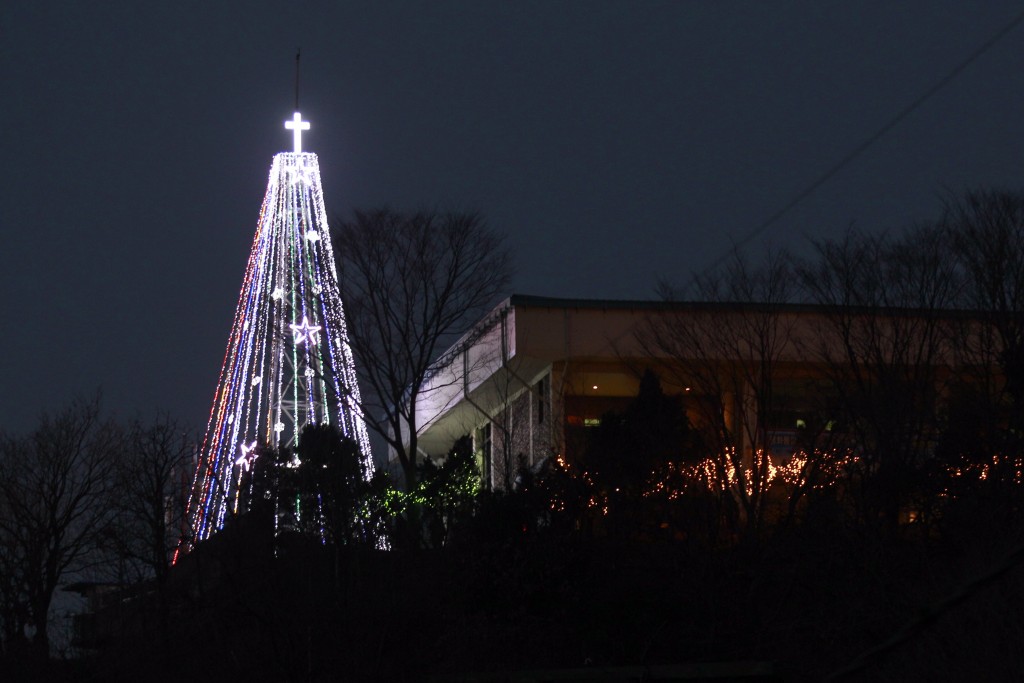
IN THIS PHOTO TAKEN ON TUESDAY, DEC. 21, 2010, A giant steel Christmas tree is lit at the western mountain peak known as Aegibong in Gimpo, South Korea. (AP Photo/Lee Jin-man)
SEOUL (Yonhap) — A local Christian group said Thursday it has dropped a plan to set up a giant Christmas tree-shaped tower near the tense border with North Korea.
The announcement by the Christian Council of Korea (CCK) came two weeks after North Korea warned that the Christian group will be held responsible for unspecified consequences if it builds a new tower and lights it up.
“Despite our sincere intention and motivation (of peace and love), it has drawn unnecessary misunderstandings that it would trigger inter-Korean tension as well as confrontation between conservative and progressive groups as well as jitters among local citizens,” Hong Jae-chul, an official of the CCK, said in a news conference.
South Korea’s military demolished the 30-meter-tall tower in October, citing safety concerns about the aging metal structure. The surprise move prompted the conservative Christian group to push to set up a new Christmas tree tower. It later won Seoul’s approval to build and light a new tower.
The Christmas tree on a peak near the western border has been a recurring source of inter-Korean tensions, with North Korea sometimes threatening to strike down the glowing structure.
The Aegibong peak is just across a border river that separates the two Koreas. A glowing Christmas tree at the peak can be seen with the naked eye from as far away as the major North Korean border city of Kaesong.
The North views the symbol of Christmas celebrations as part of Seoul’s psychological warfare toward the communist country, which has no religious freedom.
North Korea claims it guarantees religious freedom, but in practice it severely cracks down on any religious activity, viewing it as a challenge to leader Kim Jong-un’s rule.







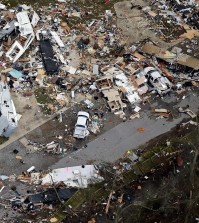
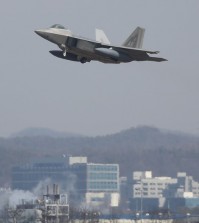
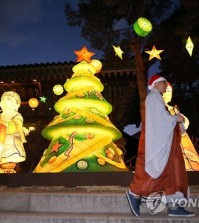
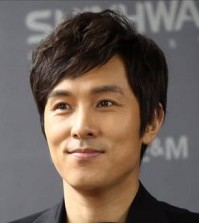

![일본 사도광산 [서경덕 교수 제공. 재판매 및 DB 금지]](http://www.koreatimesus.com/wp-content/uploads/2024/07/PYH2024072610800050400_P4-copy-120x134.jpg)


